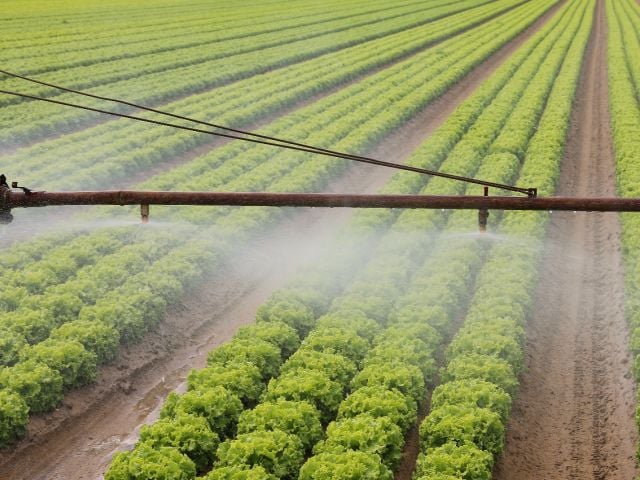
During a hearing of the House Committee on Natural Resources this week, Rep. Stephen Fincher (R-Tenn.) once again declared that “direct payments” would end under the farm bill being considered by the House.
That was true – except for cotton farmers like Fincher.
At the hearing, Fincher said:
“For the first time in the history of the farm bill, the direct payments… are going away.”
Fincher demanded the Natural Resources Committee hearing to oppose proposals to expand wildlife refuges along the Mississippi River. Why? Because the proposed refuge expansion might reduce the number of acres planted with cotton and other crops.
Early this month, he also told a hometown reporter:
“We voted to do away with the direct payment system, the farm subsidy program as we know it. It's gone.”
At least he’s consistent – consistently wrong.
In fact, the House bill would have extended direct payments for cotton farmers for two more years at a cost of nearly $1 billion.
Readers of Ag Mag may recall that Fincher is the member of the House Agriculture Committee who (incorrectly) quoted a Biblical passage from Thessalonians to support cuts to the Supplemental Nutrition Assistance Program (SNAP), saying, “the one unwilling to work will not eat” and that Congress should not spend “other people’s money” to feed hungry children.
Fincher, of course, has no compunctions about taking the “people’s money” himself. He collected more than $70,000 in federal farm subsidy payments in 2012 alone. By comparison, the average monthly SNAP payment in 2012 was just $133.41.
In addition to extending direct payment for cotton farmers, the House farm bill would have created a new supercharged crop insurance subsidy program just for cotton farmers like Fincher. And the House bill would have increased price guarantees for cotton and other major crops.



.jpg?h=827069f2&itok=jxjHWjz5)